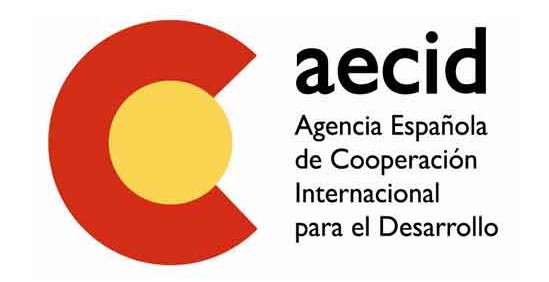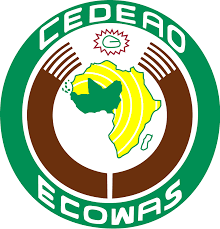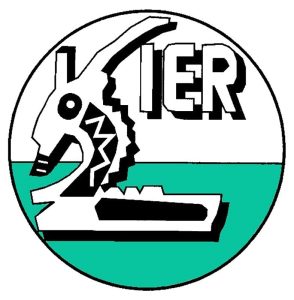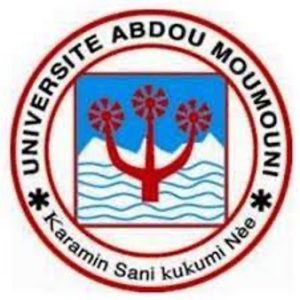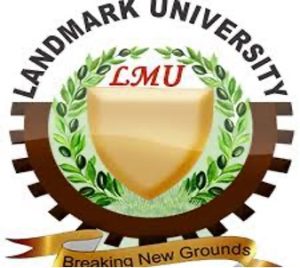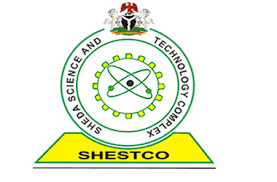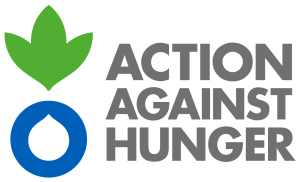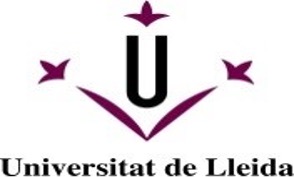Transforming Agro-Pastoral Systems in West Africa
The availability of fodder for livestock in West Africa, particularly for transhumant pastoralists, has always been irregular due to climate variability, and this uncertainty is increasing due to climate change. This necessitates supplementing fodder-based feed with concentrates or agro-industrial by-products (AIBP).

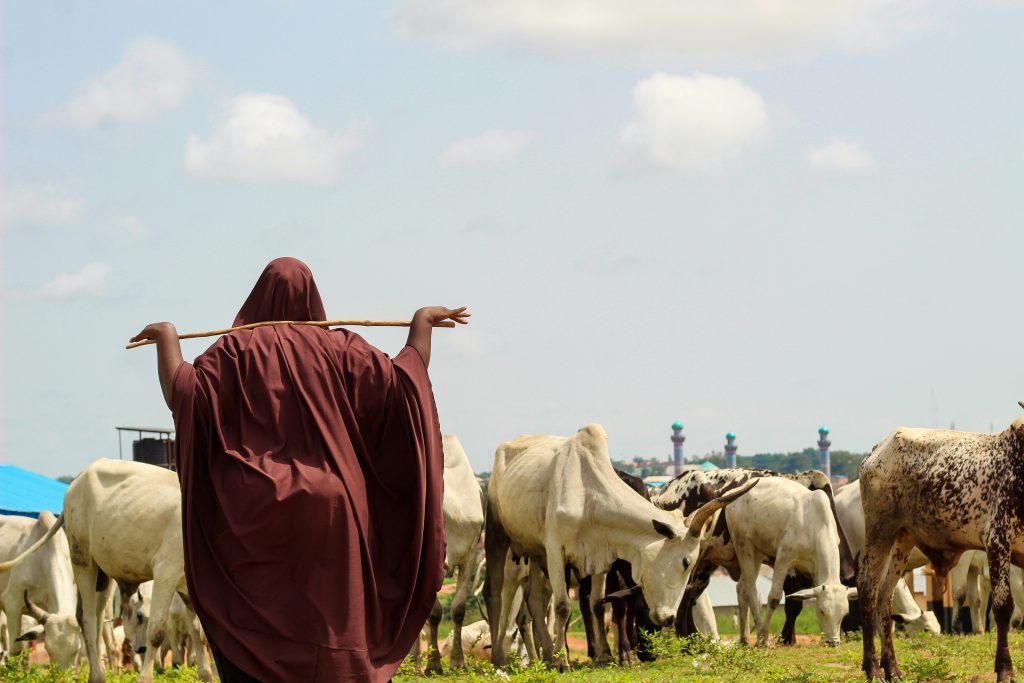
Livestock feed market in West Africa suffers from certain restrictions, affecting its availability and access during the pastoral lean seasons (March to June).
These constraints impact three key components of food security:
-
- Livestock availability throughout the year
«AIBP availability is cyclical, dependent on regional agricultural production» - Access to livestock feed at a reasonable price
«Demand often exceeds supply, with limited extra-regional imports, giving manufacturers excessive pricing power» - Public policies to address the issue
«The Regional Agency for Agriculture and Food (RAAF) supports the storage of the Regional Food Security Reserve (RRSA) in West Africa»
- Livestock availability throughout the year
UPM PRISMA Project
The project aims to transform agro-pastoral systems to be more productive, resilient, and environmentally sustainable. The main objective is to improve the availability and access to quality livestock feed at the regional level through better production and distribution organization in West Africa, mainly in three countries, Niger, Mali and Burkina Faso.
Specific goals include:
- Enhancing feed distribution capacities for livestock feed banks and transhumant herders.
- Strengthening the capacities to improve the availability and access to quality livestock feed in West Africa.
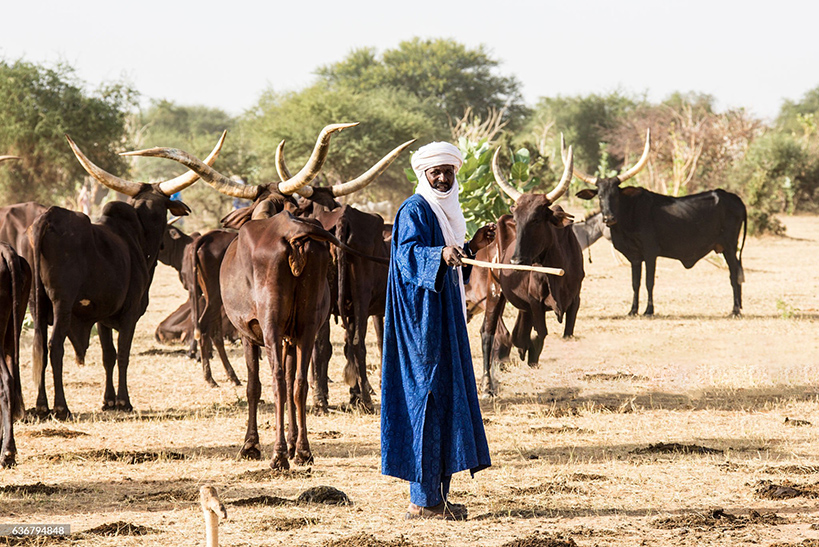

Sustainable Pastoral Development in West Africa
This strategic project aims to support sustainable pastoral development in West Africa, focusing on three key areas: pastoral resources, livestock feed, and animal health. By harnessing the knowledge and practices of local development agencies, the project seeks to drive innovation, strengthen local capacities, and influence policy decisions to create a more resilient and efficient pastoral sector.
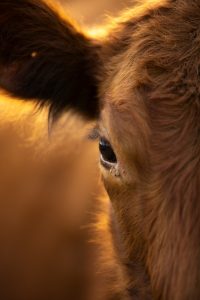
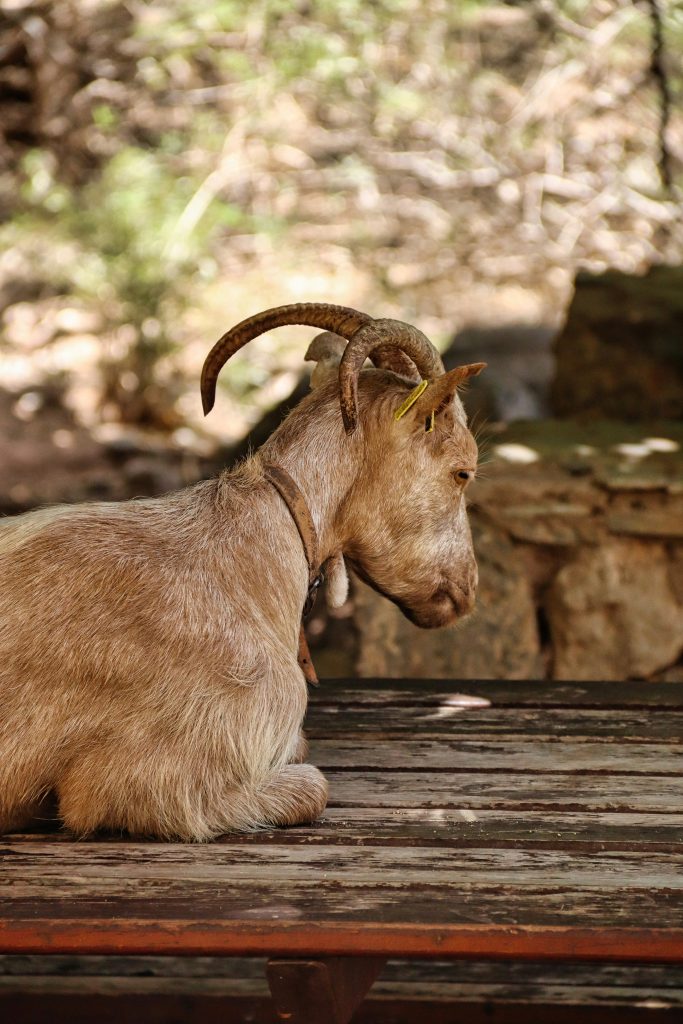
About Us
The PRISMA Project in Spain is developed by The Study and Research Center for Agricultural and Environmental Risk Management (CEIGRAM), which is a Joint Research Center of the Universidad Politécnica de Madrid (UPM).
The CEIGRAM is established as a reference and knowledge generation center to carry out research and development of methodologies, which provide answers to the growing concern about risk management strategies, both productive, market and environmental, to which the agricultural sector faces.
It is also committed to dissemination, transfer and training in the areas in which it carries out its research. Due to its tasks, its study themes and the composition of its staff, CEIGRAM is integrated into the Higher Technical School of Agronomic, Food and Biosystems Engineering of the UPM.
Executive organisations
Our Partners
Our Team

EVA IGLESIAS (P.I.)
Eva Iglesias is a professor in the Department of Agricultural Economics, Statistics, and Business Management at the Technical University of Madrid.
She has advised and directed projects for the World Bank, the European Commission, the European Parliament, and several European and Latin American governments.
Her specialisations are in agricultural policy and environmental economics, focusing on water management, risk analysis, indexed agricultural insurance, and has recently focused her work on bioenergy and sustainable rural development studies
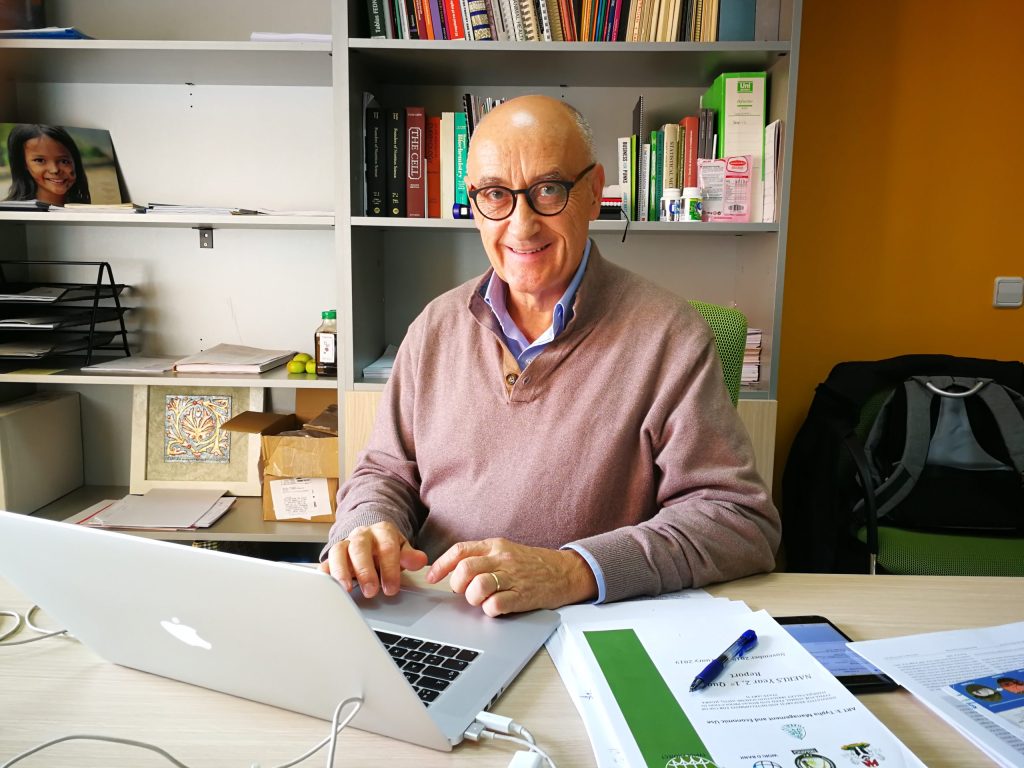
FERNANDO ESCRIBANO
Adjunct Professor at the University of Maryland. Specialist in animal nutrition.
Interested in promoting research cooperation between the EU, USA, and Africa to facilitate the transfer of technology and knowledge to promote food production, food security, and agricultural development in African countries.
Independent international consultant. Extensive experience in mineral clays and zeolites as natural additives to improve feed and non-medicated animal production and protect against food toxins and mycotoxins.
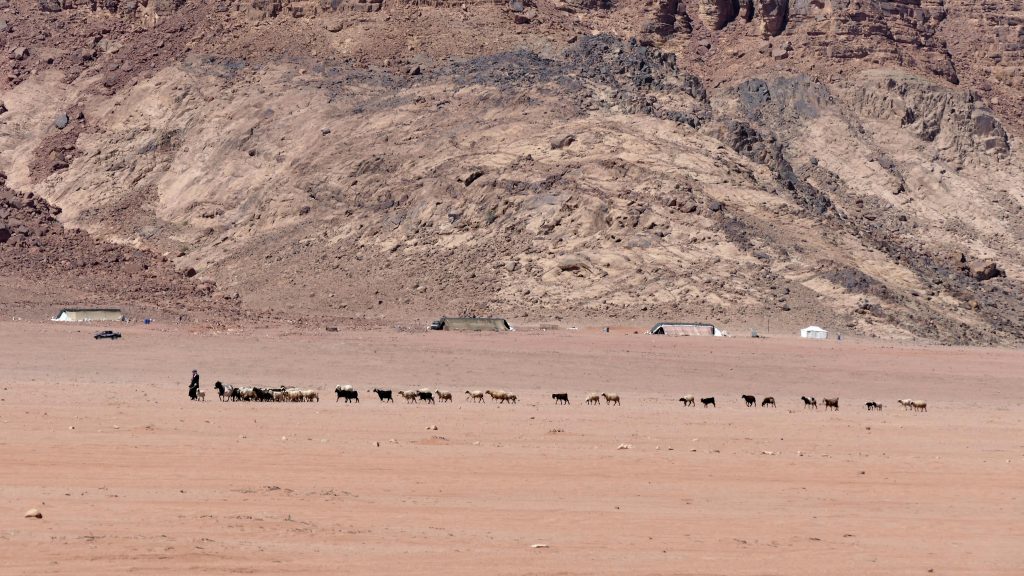
PRISMA Project in CEIGRAM-UPM

